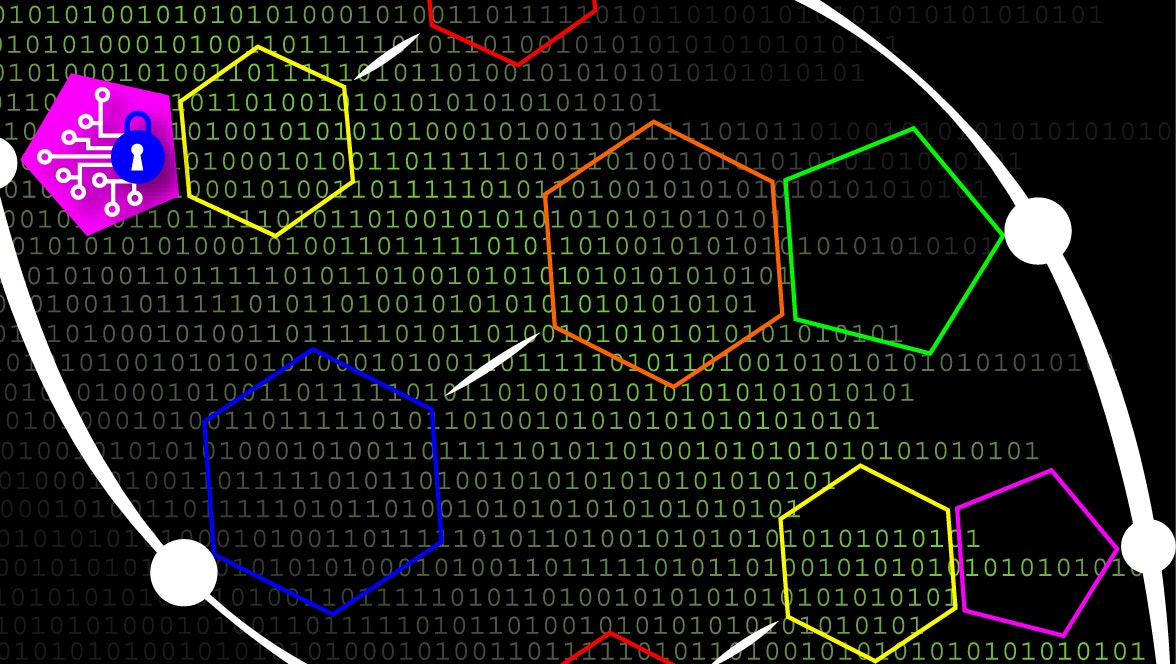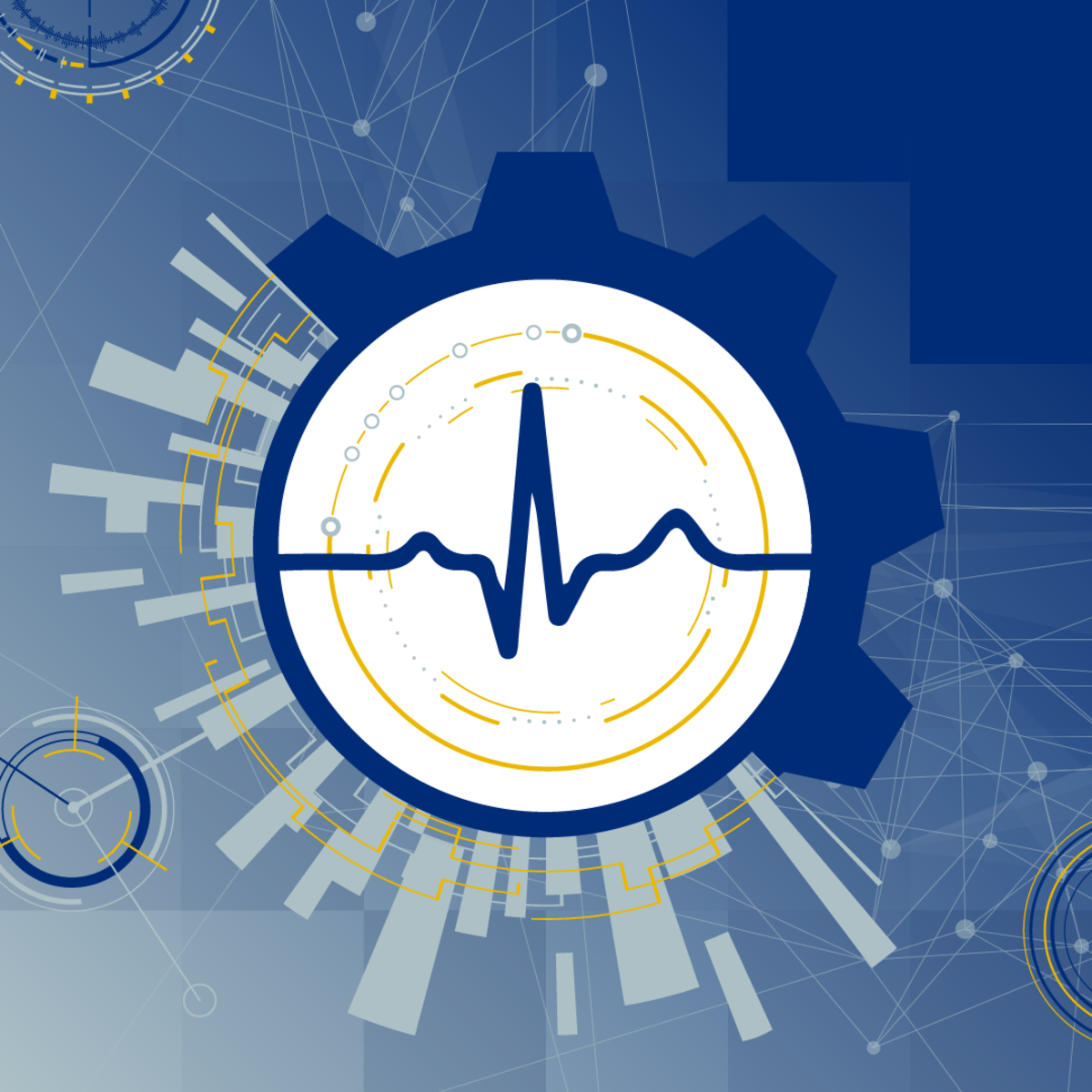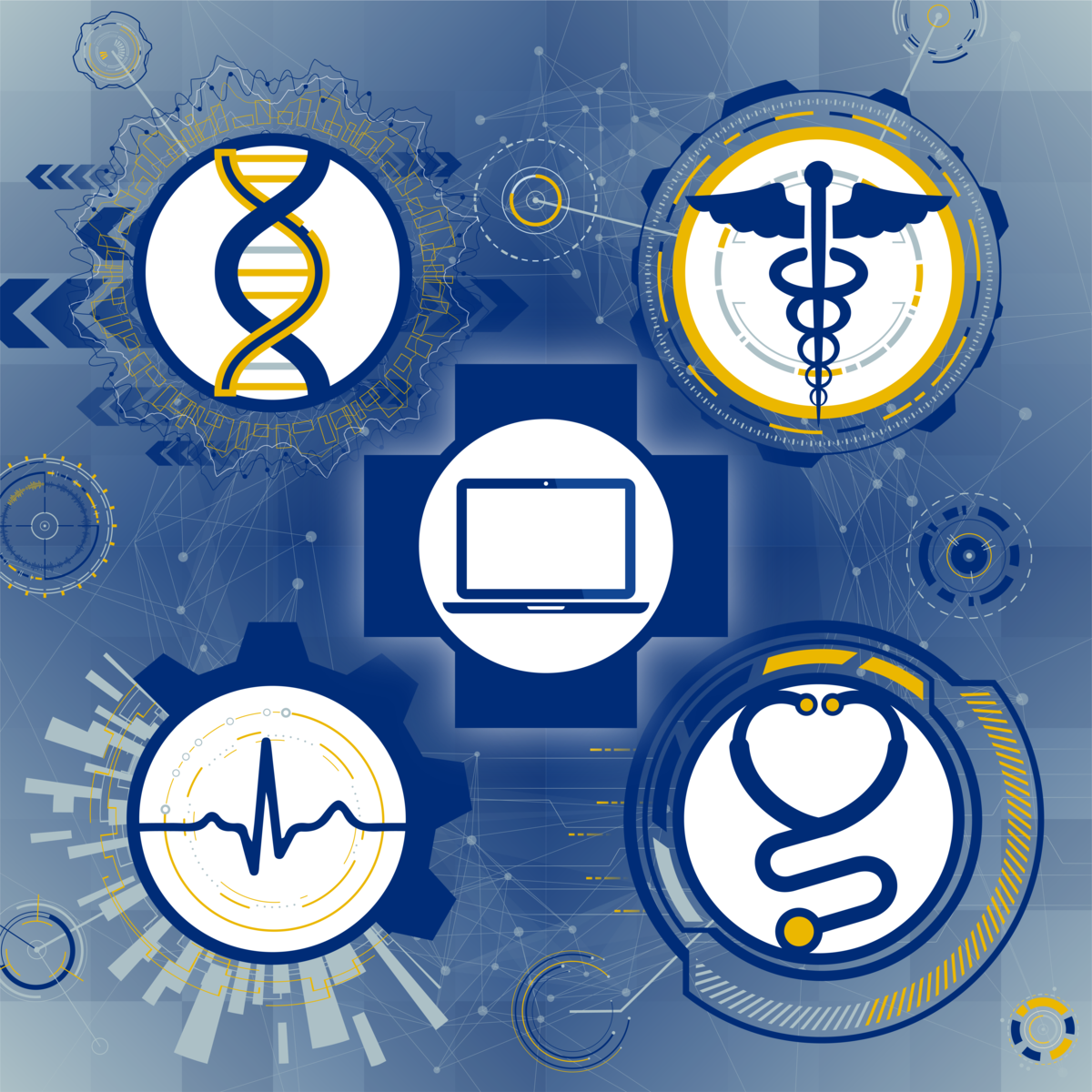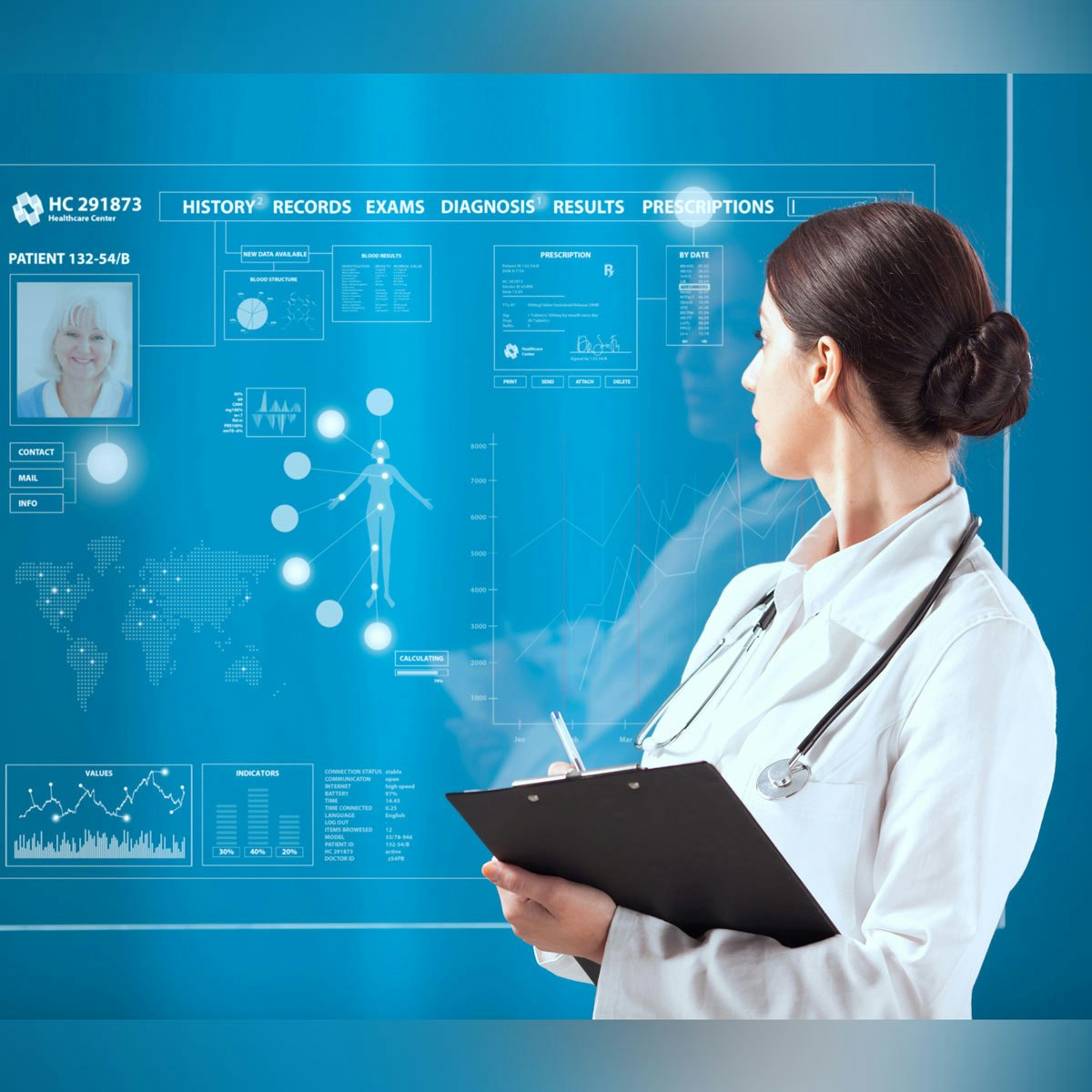Back to Courses









Health Informatics Courses - Page 3
Showing results 21-30 of 93

Healthcare Data Models
Career prospects are bright for those qualified to work in healthcare data analytics. Perhaps you work in data analytics, but are considering a move into healthcare where your work can improve people’s quality of life. If so, this course gives you a glimpse into why this work matters, what you’d be doing in this role, and what takes place on the Path to Value where data is gathered from patients at the point of care, moves into data warehouses to be prepared for analysis, then moves along the data pipeline to be transformed into valuable insights that can save lives, reduce costs, to improve healthcare and make it more accessible and affordable. Perhaps you work in healthcare but are considering a transition into a new role. If so, this course will help you see if this career path is one you want to pursue. You’ll get an overview of common data models and their uses. You’ll learn how various systems integrate data, how to ensure clear communication, measure and improve data quality. Data analytics in healthcare serves doctors, clinicians, patients, care providers, and those who carry out the business of improving health outcomes. This course of study will give you a clear picture of data analysis in today’s fast-changing healthcare field and the opportunities it holds for you.

Command Line Tools for Genomic Data Science
Introduces to the commands that you need to manage and analyze directories, files, and large sets of genomic data. This is the fourth course in the Genomic Big Data Science Specialization from Johns Hopkins University.

The Outcomes and Interventions of Health Informatics
For clinical data science to be effective in healthcare—to achieve the outcomes desired—it must translate into decision support of some sort, either at the patient, clinician, or manager level. By the end of this course, students will be able to articulate the need for an intervention, to right size it, to choose the appropriate technology, to describe how knowledge should be obtained, and to design a monitoring plan.

Culminating Project in Health Informatics
This capstone course in the Health Informatics Specialization will allow learners to create a comprehensive plan for an informatics intervention of their choosing, and that will demonstrate to current or future employers the new skills obtained through the completion of this series of five courses in Health Informatics.

Verily Pathfinder Virtual Agent for COVID-19 Chat App
This is a self-paced lab that takes place in the Google Cloud console. In this lab you'll learn how to use Dialogflow to create a conversational interface to answer questions about COVID-19 symptoms and provide the latest guidance from public health authorities like the Centers for Disease Control and Prevention and World Health Organization (WHO)

Analytical Solutions to Common Healthcare Problems
In this course, we’re going to go over analytical solutions to common healthcare problems. I will review these business problems and you’ll build out various data structures to organize your data. We’ll then explore ways to group data and categorize medical codes into analytical categories. You will then be able to extract, transform, and load data into data structures required for solving medical problems and be able to also harmonize data from multiple sources. Finally, you will create a data dictionary to communicate the source and value of data. Creating these artifacts of data processes is a key skill when working with healthcare data.

Nursing Informatics Leadership Theory and Practice
“By the end of this Course, you will be able to…”
• Evaluate effective leadership styles for leadership in nursing informatics in clinical or academic contexts to improve leadership success.
• Discover core values that support effective nursing informatics leadership in academic and clinical contexts to inform development of a personal leadership mission statement.
• Discover competing values and polarities related to knowledge leadership and management to promote successful leadership collaboration.
• Determine your personal informatics leadership style based on results from the Minnesota Informatics Leadership Inventory to inform successful leadership practice.
• Discuss the value and importance of foresight leadership in nursing informatics to anticipate trends and consequences that are likely to transform the learning health care system
Computational Neuroscience
This course provides an introduction to basic computational methods for understanding what nervous systems do and for determining how they function. We will explore the computational principles governing various aspects of vision, sensory-motor control, learning, and memory. Specific topics that will be covered include representation of information by spiking neurons, processing of information in neural networks, and algorithms for adaptation and learning. We will make use of Matlab/Octave/Python demonstrations and exercises to gain a deeper understanding of concepts and methods introduced in the course. The course is primarily aimed at third- or fourth-year undergraduates and beginning graduate students, as well as professionals and distance learners interested in learning how the brain processes information.

Information Extraction from Free Text Data in Health
In this MOOC, you will be introduced to advanced machine learning and natural language
processing techniques to parse and extract information from unstructured text documents in
healthcare, such as clinical notes, radiology reports, and discharge summaries. Whether you are an aspiring data scientist or an early or mid-career professional in data science or information technology in healthcare, it is critical that you keep up-to-date your skills in information extraction and analysis.
To be successful in this course, you should build on the concepts learned through other intermediate-level MOOC courses and specializations in Data Science offered by the University of Michigan, so you will be able to delve deeper into challenges in recognizing medical entities in health-related documents, extracting clinical information, addressing ambiguity and polysemy to tag them with correct concept types, and develop tools and techniques to analyze new genres of health information.
By the end of this course, you will be able to:
Identify text mining approaches needed to identify and extract different kinds of information from health-related text data
Create an end-to-end NLP pipeline to extract medical concepts from clinical free text using one terminology resource
Differentiate how training deep learning models differ from training traditional machine learning models
Configure a deep neural network model to detect adverse events from drug reviews
List the pros and cons of Deep Learning approaches."

Healthcare Data Quality and Governance
Career prospects are bright for those qualified to work with healthcare data or as Health Information Management (HIM) professionals. Perhaps you work in data analytics but are considering a move into healthcare, or you work in healthcare but are considering a transition into a new role. In either case, Healthcare Data Quality and Governance will provide insight into how valuable data assets are protected to maintain data quality. This serves care providers, patients, doctors, clinicians, and those who carry out the business of improving health outcomes.
"Big Data" makes headlines, but that data must be managed to maintain quality. High-quality data is one of the most valuable assets gathered and used by any business. This holds greater significance in healthcare where the maintenance and governance of data quality directly impact people’s lives. This course will explain how data quality is improved and maintained. You’ll learn why data quality matters, then see how healthcare professionals monitor, manage and improve data quality. You’ll see how human and computerized systems interact to sustain data quality through data governance. You’ll discover how to measure data quality with metadata, tracking data provenance, validating and verifying data, along with a communication framework commonly used in healthcare settings.
This knowledge matters because high-quality data will be transformed into valuable insights that can save lives, reduce costs, to improve healthcare and make it more accessible and affordable. You will make yourself more of an asset in the healthcare field by what you gain from this course.
Popular Internships and Jobs by Categories
Find Jobs & Internships
Browse
© 2024 BoostGrad | All rights reserved